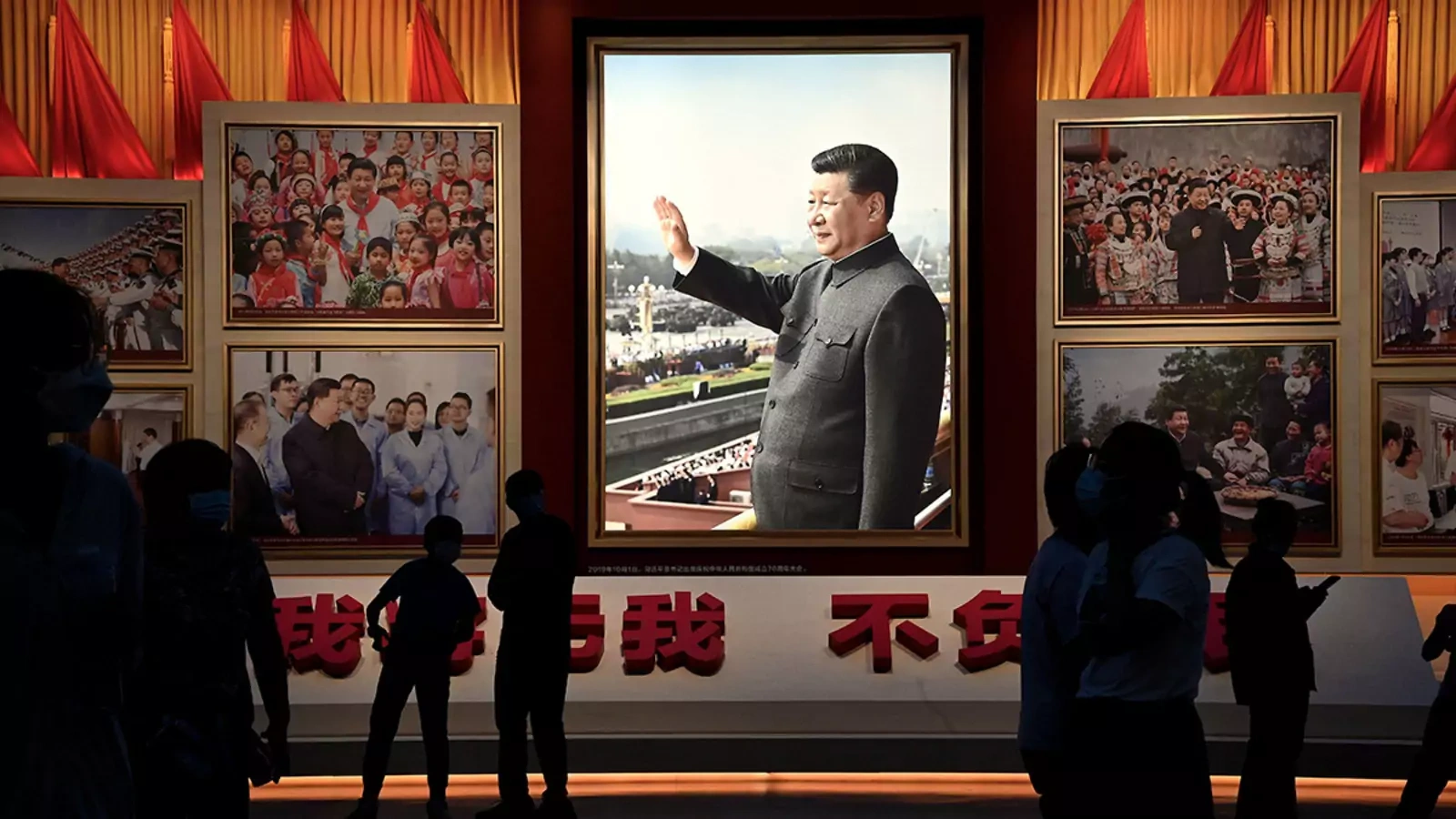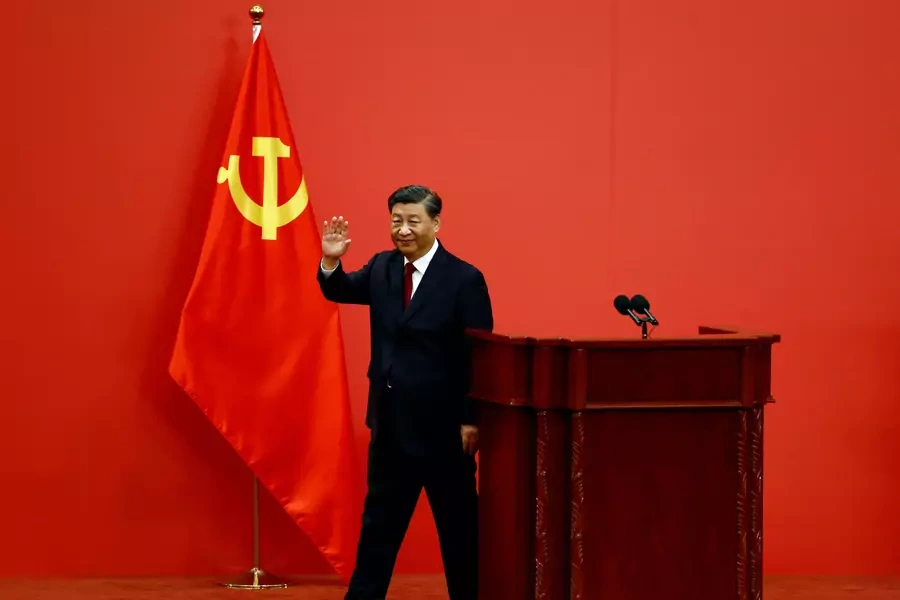
What is a Party Congress and Why Does it Matter?
One of my favorite parts of working for the Council on Foreign Relations is writing “In Briefs,” which are Q&A-style explainers of a current event. They’re aimed at anyone from high school students facing a term paper to people who’ve been in the field for a long time but weren’t quite sure about a particular topic.
In this one just published on the cfr.org website, I delve into the tricky issue of what is China’s upcoming party congress, and why it matters. On one level it’s easy to explain: party congresses take place every five years, and at every other congress China gets a new leader. They’re where we find out who will run China for the next five years. But this sort of “explainer” article is actually challenging because one question leads to another and another. Where to begin? When did China start changing leaders every decade? And why has Xi decided to be different? And what position is Xi getting at the congress anyway? Is it a third term as president?
The answer to that one is NO! One key misperception I wanted to lay to rest is the idea that Xi’s most important title is “president.” It’s not–it’s like if Joe Biden were chairman of the Delaware Country Club and so we called him Chairman Biden. That would be ridiculous because that title is an honorary position with no real power. What matters is that Biden is president. So, too, in the Chinese system is it basically irrelevant that Xi is president. The title “president” just means that Xi is head of state and so he gets a 21-gun salute whenever he goes abroad. That’s it.
Instead what matters is Xi head of the party: run the party and you run China. And it’s at the forthcoming congress that he gets his third term as general secretary of the party. He also gets his second-most important title: chairman of the Central Military Commission, which essentially means he controls the military. (He gets his third term as president next spring but who cares unless you’re in the gun-saluting business!)
So please read on here. It’s free and it’s part of our public education service at CFR.




